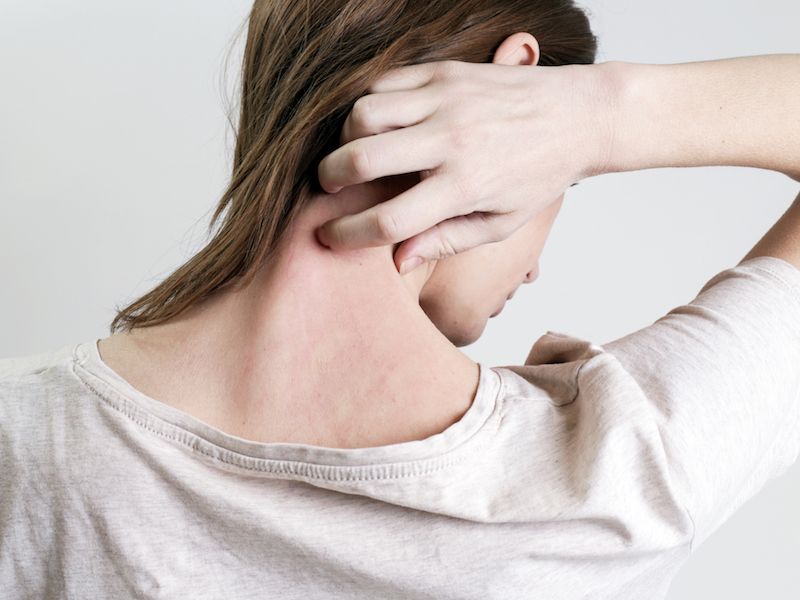
When you think of psoriasis, you most likely think about all those commercials depicted people with skin issues. Psoriasis is more than skin problems and truly affects your general health. Psoriasis is often misunderstood and minimized, due to a lack of knowledge of how psoriasis impacts sufferers as well as the serious conditions that can be related to this disorder. Though plaques on the skin are its most visible indicator, they’re indicative of what psoriasis can cause in the whole body: Continuous inflammation that can raise the chance of metabolic conditions and cardiovascular disease.
Psoriasis is also linked to another problem according to a different recent study: Hearing loss. Published in The Journal of Rheumatology, this study looked at links between psoriatic arthritis, mental health, and hearing impairment. Psoriatic arthritis has an impact on the joints, and is a form of psoriasis, causing discomfort, swelling, and difficulty moving. Afflicted individuals might also have psoriasis, but with psoriatic arthritis, it’s conceivable to have swelling without also experiencing the tell-tale plaques.
Like rheumatoid arthritis (and similar to psoriasis), psoriatic arthritis is an autoimmune disease, the sufferer’s body is essentially attacking its own healthy cells. But as opposed to rheumatoid arthritis, you might have psoriatic arthritis on only one knee because it’s asymmetrical, and that aside from joints, it often impacts sufferer’s nails (causing painfully swollen toes and fingers) and eyes.
Based on the findings of this recent study, swelling from psoriatic arthritis might also affect hearing. The researchers contrasted the self-reported hearing loss of people who suffer from psoriatic arthritis, people who suffer from psoriasis but not psoriatic arthritis, and a significant control group of people with neither condition. They discovered that the group with psoriatic arthritis was more likely to report hearing loss, and audiometric testing backed up the self-reports. Even when controlling for other risk elements, psoriatic arthritis sufferers were significantly more likely to have loss of hearing than either {psoriasis sufferers or the control group}.
But that’s not to say there’s no connection between psoriasis, psoriatic arthritis and loss of hearing. A 2015 study found that there is a significantly higher danger, for people who have psoriasis, of getting sudden sensorineural hearing loss, generally known as sudden deafness. With sudden sensorineural hearing loss, people’s ability to hear diminishes significantly in three days or less. It has many possible causes, but scientists theorize that individuals with psoriasis are in greater danger because of the type of rapid inflammation that happens during a flare-up of psoriasis symptoms. If this takes place in or near the cochlea, it may impair hearing. This form of hearing loss, in certain instances, can be helped by treatments that relieve psoriasis., but hearing aids are often recommended when sudden deafness doesn’t react to other treatments.
It’s important to monitor your hearing if you have psoriasis or psoriatic arthritis. Make regular hearing tests along with your yearly health-care appointments. Disease caused by inflammation can lead to inner ear damage, which can lead to loss of balance and psoriatic arthritis. There are also connections between psoriasis, psoriatic arthritis, depression and anxiety, which can both exacerbate loss of hearing. Hearing loss is something you want to catch early because untreated hearing loss can result in other health troubles including dementia.
Awareness is key, and working with your doctors and periodically getting your hearing checked can help you keep ahead of symptoms with timely intervention. You shouldn’t have to sacrifice your quality of life for psoriasis or for hearing loss, and having the right team on your side can make a big difference.
